Van Avermaet hoping to come of age in the Classics
Belgian tunes up for 2016 at Tour of Qatar
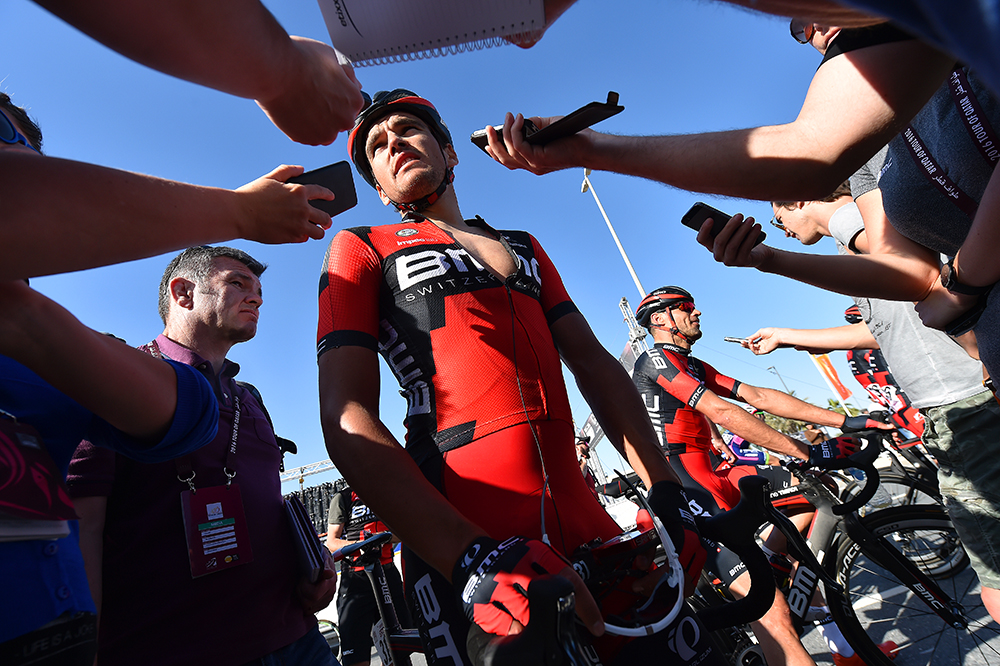
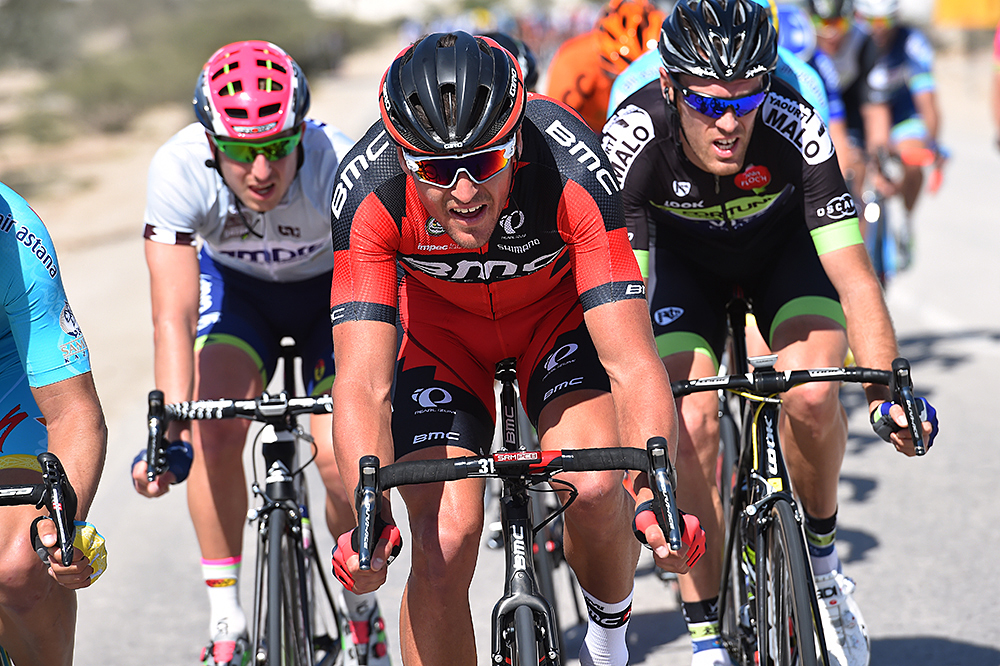
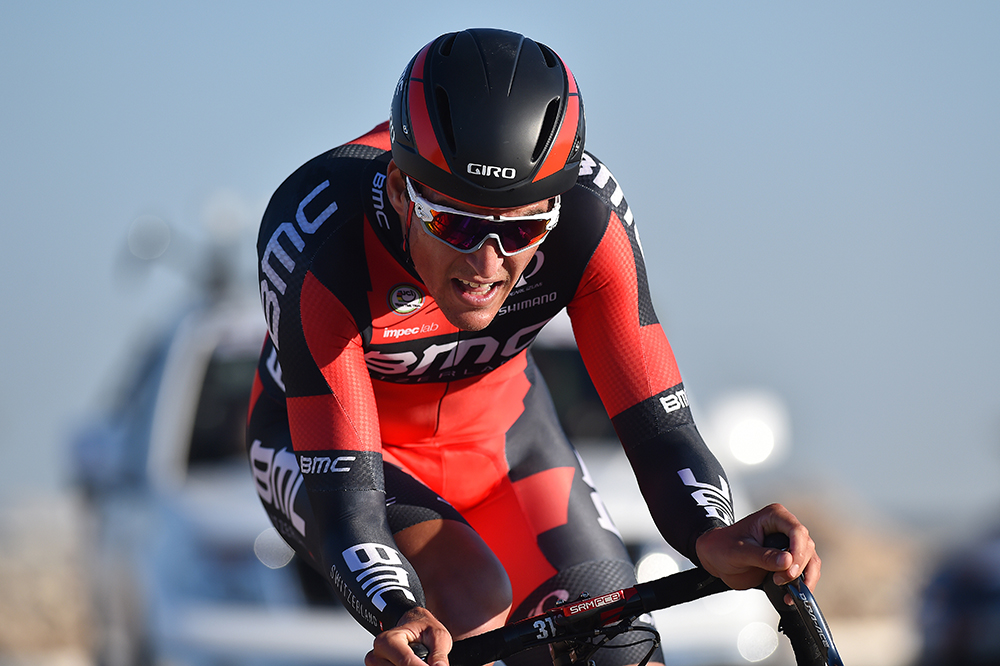
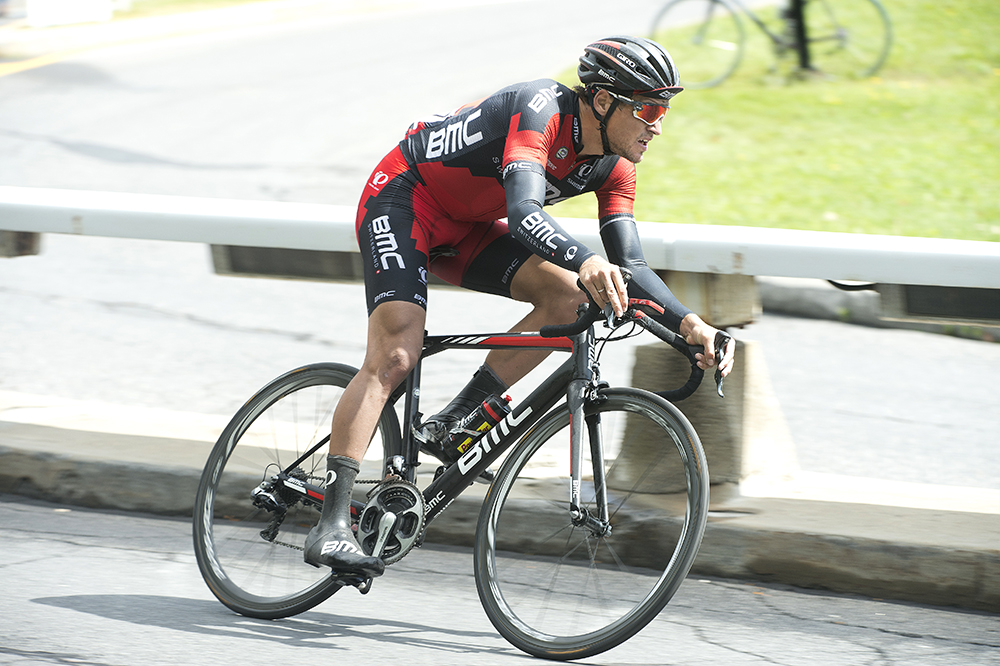
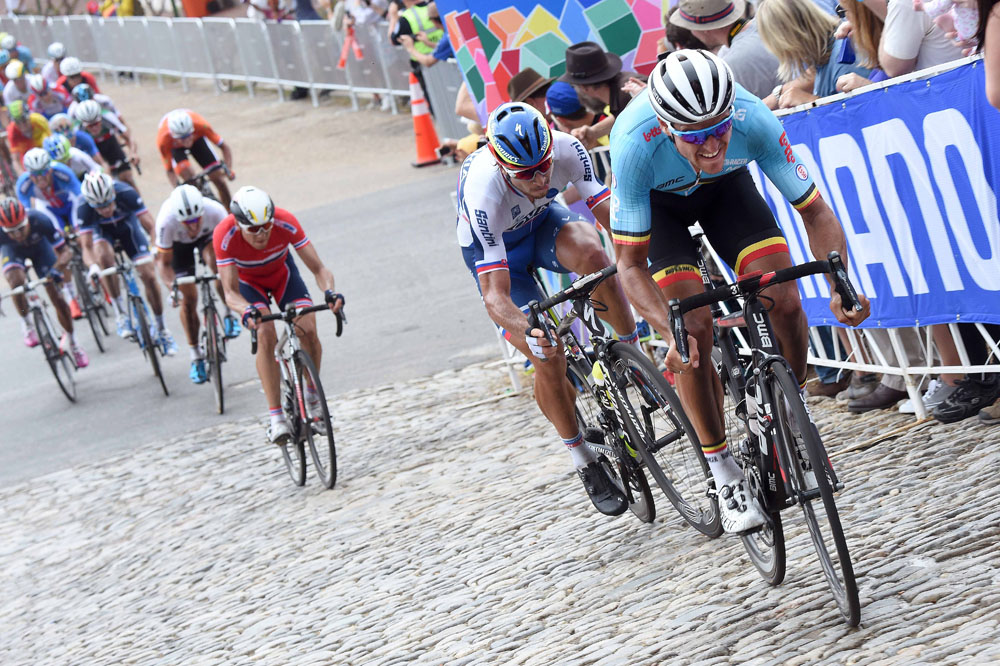
Greg Van Avermaet (BMC) may not have landed an individual stage at the Tour of Qatar since he won into Mesaieed on just his fifth race day as a professional rider back in 2007, but in the game of shadow boxing that is early-season racing in the Gulf, the softly-spoken Belgian is almost always mentioned in dispatches.
This is the fourth consecutive year that Van Avermaet has chosen to start his season at the Tour of Qatar, and for the fourth time in a row, he appears to have hit the ground running, helping to force the decisive echelon on stage 1 and moving up to fourth overall after a solid showing in Wednesday’s time time trial at Lusail.
“I was hoping that [new race leader and stage winner Edvald] Boasson Hagen would not be so strong and that everyone would stay at the same level so that I could have taken the jersey. It's a little bit disappointing but it's only the start of the season,” Van Avermaet said afterwards.
At the start village at Qatar University the previous day, Van Avermaet told Cyclingnews that he had would follow his usual Classics build-up – the Tour of Oman, Belgium’s Opening Weekend and Tirreno-Adriatico will follow – and that, at 30 years of age, he had seen little point in experimenting with a different approach to his training in the off-season.
“At this stage in my career, I try to do always a bit the same and it seems to work out for me,” Van Avermaet said. “I didn’t do anything special, I’ve just tried to build a good base over the winter and hopefully I will be there over the whole year.”
What Van Avermaet will hope to change, of course, is his luck in the Classics, where he has built up a reputation as a nearly-man – always present in the photograph, but never its subject.
It hasn’t been for the want of trying, most notably when he pre-empted the finale with a do-or-die effort at the Tour of Flanders in 2014, but second place on that occasion, and third places finishes at the Ronde and Paris-Roubaix last year, are all he has to show for his efforts.
Get The Leadout Newsletter
The latest race content, interviews, features, reviews and expert buying guides, direct to your inbox!
Van Avermaet must be tiring of people asking when he is finally going to land a big one – and he already has one Classic on his palmares, after all, albeit an Autumnal and neglected one in Paris-Tours – but he is hopeful that his stage victory ahead of Peter Sagan in Rodez at last summer’s Tour de France marked something of a turning point.
“I’m always there but it’s hard for me to win, because there’s always one faster guy with me,” Van Avermaet said. “But Rodez was really nice, and it’s given me a lot of confidence to carry into the Classics this year. I’ve already been second and third in Flanders, third last year in Roubaix, and I’m nearly 31 now, so for a Classics rider it’s the perfect age to start winning big races.”
There has been an implicit vote of confidence from the BMC team in recent years, too, with his one-time rival Philippe Gilbert asked to concentrate purely on the Ardennes Classics, a move that has allowed Van Avermaet to graduate to the role of outright leader.
“I’ve worked my way up on the team. I came here as sort of a second guy behind the leaders and I’ve made it to this position because of my results, I think,” he said.
The BMC Classics line-up, too, seems a more cohesive unit now than it did back in 2012, when it had loftier names such as galactico signings Gilbert and Thor Hushovd topping the bill. Van Avermaet is under no illusions, however, as to how far a robust supporting cast can carry him.
“We have one of the strongest teams for sure, and it’s always nicer to have a strong team around you, but when it comes down to it in the end, it’s about the leader and he has to be 100 percent,” Van Avermaet said. “A team always looks stronger when it has the first rider on the podium.”
Mertens
Van Avermaet’s 2015 Classics campaign took place under a shadow after he was implicated in the anti-doping inquiry into the activities of Belgian doctor Chris Mertens, with the Belgian Cycling Federation’s prosecutor requesting that he be handed a two-year ban. After a hearing in May, Van Avermaet was cleared of wrongdoing.
“It was really hard because they were assuming I had been doping and I hadn’t done anything wrong,” said Van Avermaet, who had been accused of using cortisone and the children’s medicine Vaminolact.
“Everybody knew that, even the UCI, so it was a bit of a stupid case to bring up but we know in cycling that can happen. I knew everything would come right and I’m here where I’m standing now. It didn’t affect my racing at the Classics in the spring but I’m happier now because I don’t have to deal with anything.”
News of Van Avermaet’s involvement in the inquiry first broke in the Belgian press on the morning of Omloop Het Nieuwsblad, and an unusual hush fell over the start in St. Pietersplein when he was questioned on the matter by the speaker on the signing-on podium.
“It wasn’t just that moment, the whole Spring was hard, but it was a good lesson for me,” Van Avermaet said. “I cannot say I enjoyed it, but it made me mentally much stronger. I realised I could be in this negative environment where people try to kill me and still ride as normal, so I think it made me stronger. And I also know now the people I can believe and the people I can’t believe.”

Barry Ryan was Head of Features at Cyclingnews. He has covered professional cycling since 2010, reporting from the Tour de France, Giro d’Italia and events from Argentina to Japan. His writing has appeared in The Independent, Procycling and Cycling Plus. He is the author of The Ascent: Sean Kelly, Stephen Roche and the Rise of Irish Cycling’s Golden Generation, published by Gill Books.